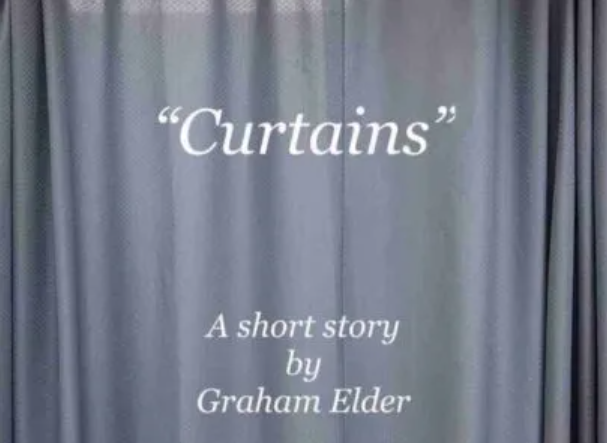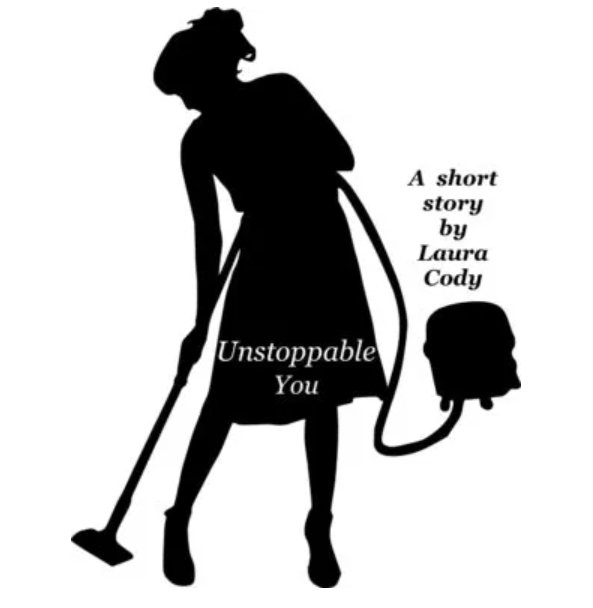Written by Laura Cody
The first day I met Nate, he told me he was going to kill his dealer.
I took it with a grain of salt.
I’d been adrift for a while, floating between rock-bottom and moderate dysfunctionality after an epic bender had landed me back in Al-Anon. At forty-two days into recovery, I was keeping distance from my old friends who hung out with my old enemy, the bottle. In fact, the whole reason I was even in Miss Pamela’s Stained Glass Workshop that day was because my counselor said I needed new hobbies and new faces. (That Miss Pamela must’ve offered hefty kickbacks to every addiction counselor in the county because the class was filled with addicts). Nate just happened to be the guy I found myself beside at the worktable on day one when Miss Pamela instructed us to introduce ourselves to our “glassmates.”
Contemplating how much I hated my addiction counselor, I thrust a hand forward. “Hi, I’m Sandy, and I’m here because my counselor said I need ‘artistic distraction.’” I made finger quotations around the words artistic distraction so he’d know I wasn’t a freak.
“I’m Nate, and I’m here because my counselor said the same thing.”
I started to say something about how delightful it was that we had something in common when he leaned forward and lowered his voice. “What I really need, though, is to kill my dealer.”
I laughed before I realized he wasn’t kidding. It appeared we were skipping all the getting-to-know-you preliminaries, and I had a quick decision to make: Homicidal intentions–deal breaker or not? I decided to go for it, and our relationship was off to the races.
To be clear, I don’t mean the races races. We couldn’t go to races because Nate had a gambling problem. He was in Gambler’s Anon. (Hey, no judgment from me.) In fact, the dealer Nate planned to kill was a casino dealer. Nate, who had bet on everything from horses to sports to poker to craps, believed he’d had the Midas touch, the type that could turn forty bucks into four hundred into four thousand. He frequented casinos and knew dealers by name. Then, one of his dealers (He Who Must Be Killed) had stolen his luck. Just plucked it off his shirt like a piece of lint, dropped it onto the floor, and crushed it into the carpet.
“That makes no sense.”
Nate shrugged. If I didn’t get it, he wasn’t explaining.
Perhaps I should’ve pushed more. Honestly, though, I was just happy I’d found a man capable of setting goals.
*
Four Tuesdays came and went, and we completed our projects, discovering how colored glass refracted light, bending it in new directions, eliciting transformation and pardoning flaws. Our amateurish designs were open to anyone’s interpretation. If I twisted my neck just so, Nate’s resembled a scythe bobbing on an ocean of blood. Nate’s counselor called it a “sublimation of impulse.” Mine was more like an abstract geometric pattern where the pieces did not quite fit together but were desperately trying. My counselor said it represented my fear of being alone.
Neither Nate nor I could afford to continue lessons after the introductory course, so we ordered stained glass coloring books off Amazon and began our own “therapeutic coloring” sessions in my apartment. We had time since neither of us was working. I was “on leave” from the medical office where I did billing (One more strike and you’re out for good, Sandy), and Nate had been let go after he bet–and lost–cash from the register at the hardware store he managed. So, we colored while Nate floated murder scenarios. Strangulation was a favorite in those early weeks; later, he would explore electrocution and poisons. I hung our pictures on my refrigerator.
For all Nate’s talk of murder, I never worried he’d actually do it. The man I came to know was kind–gentle even–but he was tortured by anger. His luck had run out, his life had changed. He resented it. He put on a good show–heeding the advice of his addiction counselor, attending meetings–but no counselor in the world could help him lose that anger.
The deeper I fell, the more protective I became. I dreaded the day he’d understand that the actual object of his anger was internal, that this dealer focus was nothing but refraction, light bouncing off colored glass.
*
One afternoon before Christmas, we were lunching at a local diner when a man approached our table and greeted Nate with a wide smile. “Where’ve you been, old friend?” Nate introduced him as “Dan,” and the two made pleasant small talk. When Dan left, I asked Nate how he knew him, and he told me Dan was the casino dealer.
“THE casino dealer? That guy? He seems so … nice.”
“Yes, he does.”
*
In the new year, we both started working again, and our lives relaxed into a routine. I skipped after-work drinks. Nate avoided betting pools in the warehouse. At night, we cooked and binged Netflix. I felt anchored in a way I hadn’t for a long time.
On one of the many nights Nate stayed over, I woke to an empty bed and discovered him in the living room, staring vacantly through a window into the dark night.
“I really fucked up,” he said.
I rested my chin upon his shoulder and gazed with him out the window–looking at nothing, saying nothing, and, above all else, willing him to say nothing more.
*
When I earned my one-year recovery chip, we took the plunge. Nate officially moved in. Amongst his belongings, I found his old stained glass window panel from Miss Pamela’s. I poked my finger through the gap where the crescent-shaped piece of glass was missing, the part that had resembled the blade of the scythe surrounded by a crimson sea.
And I tucked it away in a closet.
First featured in Figments and Fragments, the Best of the 1,000 Word Herd Flash Fiction 2024 Competition


